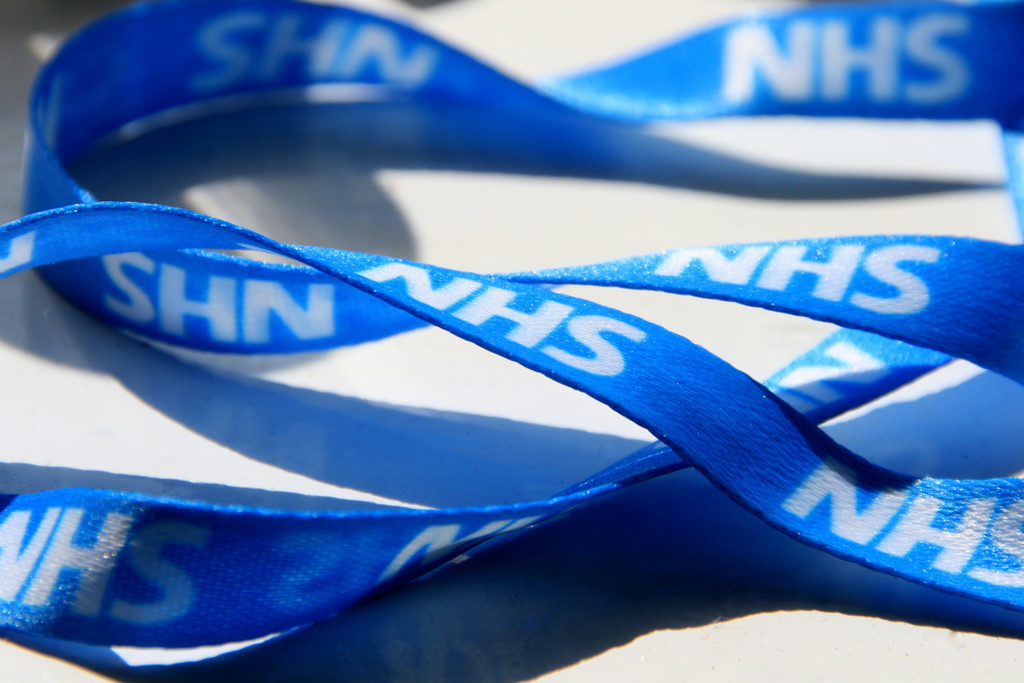Real Remedies or Hypothetical Hypothecation to fund the NHS?
The NHS is in financial turmoil. The country in stricken with Aussie flu, A&E units up and down the country are being swamped. There is an acute shortage of hospital beds and the 4hr wait is being missed by up to a quarter of A&E units. Solutions are desperately being sought. A National Inquiry is being called for and many are suggesting that a hypothecated tax, earmarked for NHS spending, is the way forward. Such a tax is very unlikely to work.

The NHS is in financial turmoil. The country in stricken with Aussie flu, A&E units up and down the country are being swamped. There is an acute shortage of hospital beds and the 4hr wait is being missed by up to a quarter of A&E units. Solutions are desperately being sought. A National Inquiry is being called for and many are suggesting that a hypothecated tax, earmarked for NHS spending, is the way forward. Such a tax is very unlikely to work.
There are two basic reasons why economists generally argue that a hypothecated tax is a bad idea. Firstly, the level of government public spending on any service should not be determined by revenue from a given tax but by public needs and priorities and policies of government (and ultimately sanctioned by the electorate in elections). The flexibility of the government spending system is reduced when a specific allocation of tax revenue is earmarked for a certain account, like health. Secondly, hypothecation divorces the raising of revenue from the economic growth and prosperity of the country. We should be free to spend more on public services when we are prosperous and cut our fiscal ‘coat according to our cloth’ in times of austerity. Spending in any given area should not be independent of government macroeconomic policy.
However, there are two further very important reasons why hypothecated taxes are not a good idea. What little evidence we have suggests that the public does not want them. The basic reality is that if the money is coming out of their own pocket voters will, on average, vote for lower taxes rather than increased taxation. Politicians don’t really understand this, as they believe that voters responses when they are naively asked if they would hypothetically prefer to have NHS spending rise for the cost of a 1p in the £ rise in income tax. Most voters agree that this sounds reasonable – but the reality is, that when it actually comes to paying up, they would seem to prefer lower taxes.
The final reason that hypothecated taxes will not work is that basically we cannot trust governments to spend the taxation revenue on what they raise it for. History is replete with examples of governments who raise taxes for one purpose only to spend the revenue on another. For example, National Insurance, which most of us pay, was introduced in 1911 as a system of insurance against illness and unemployment. So hypothetically we should already have a tax which covers our illness – but clearly, we don’t. The reality is that governments want to raise revenue in whatever way they can, so long as it does not jeopardise their electoral chances. When it comes to exactly how they spend it, they often appear not to see themselves as accountable to the electorate for their promises.
The reality is that If we wish to see spending on the NHS rise we will need to: increase taxes, or spend a higher fraction of public spending on health (at the expense of some other public service). The leading question is whether the electorate willing to have Income Tax rise to pay for more NHS funding? Recent research evidence suggests a majority of the public do not think more Income Tax should be raised to fund the NHS. Alternatively, if we wish to see the NHS remain the same in terms of service delivery, we either need to make substantial efficiency gains, or consent to being charged for certain services. The main political parties are not being transparent with the public about this unpopular stark reality. It would be politically very convenient for them if they could set out a hypothecated tax which the voters would agree to in the short run to ‘save the NHS’ – but over time the government could then use for whatever purpose it thought fit. This way the government can disguise the fact that they are raising taxes – just responding to a crisis. Notwithstanding this analysis, it would – in principle – be good if governments could be encouraged to use tax revenue from alcohol and tobacco taxes directly on health measures (to benefit the imbibers and partakers in the long run) and also to be accountable for the revenues used in this way. There is also a good case for going further and imposing a minimum price on alcohol – as is planned in Scotland – again, as long as the revenues are used appropriately.

















